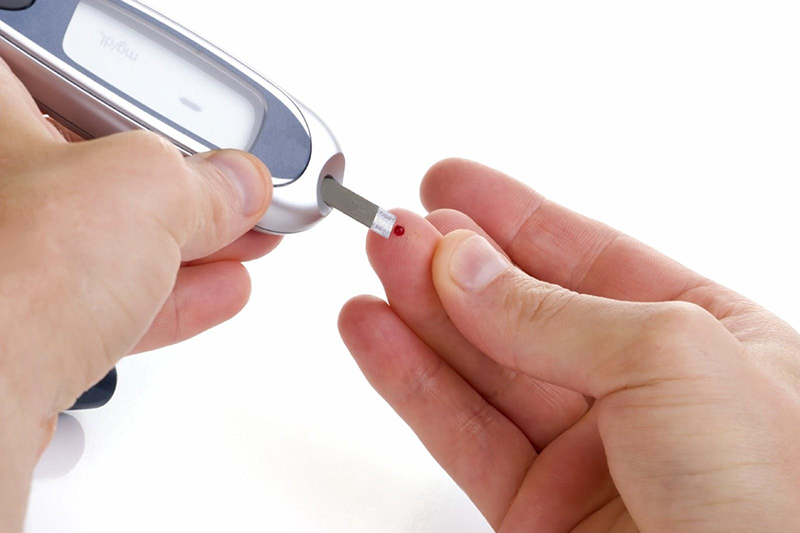 Diabetes
Diabetes
Explained: How ‘smart insulin’ could transform diabetes treatment
New Delhi/IBNS: Diabetes affects over half a billion people worldwide, causing nearly seven million deaths annually.
The prevalence of this condition, characterized by elevated blood sugar levels, has surged in recent decades.
Now, scientists have made a groundbreaking advancement towards what has long been considered the “holy grail” of diabetes treatment: a “smart” insulin that responds dynamically to changes in blood sugar levels.
This research, published in Nature on Wednesday, marks a significant step forward.
Diabetes comes in two forms, both related to how the body handles insulin, the hormone responsible for breaking down blood sugar to produce energy.
Type 1 diabetes, typically diagnosed in childhood, occurs when the pancreas doesn’t produce enough insulin.
In Type 2 diabetes, the body’s cells become resistant to insulin, requiring higher amounts than the pancreas can supply.
Both conditions are managed by administering synthetic insulin.
However, this approach presents a challenge since blood glucose levels constantly fluctuate.
Too much insulin can cause dangerously low blood sugar levels, posing a life-threatening risk.
As a result, most diabetes patients must carefully monitor their insulin levels and adjust doses accordingly.
For decades, scientists have aimed to create insulin therapies that are glucose-sensitive.
The most advanced systems developed so far involve storing insulin within the body, which is released based on blood sugar levels detected by a sensor.
In the latest study, an international team of scientists from Denmark, the UK, Czechia, and the University of Bristol has developed a new form of insulin, NNC2215, that features an "on-and-off switch."
This modified insulin responds automatically to blood glucose changes.
NNC2215 consists of two parts: a ring-shaped structure and a glucoside molecule, which is similar to glucose.
When blood sugar levels are low, the glucoside binds to the ring, keeping the insulin inactive, preventing blood sugar from dropping further.
As blood glucose levels rise, glucose replaces the glucoside, triggering the insulin to activate and lower blood sugar to safer levels.
Elizabeth Robertson, Director of Research at Diabetes UK, hailed the innovation, noting that it could ease the constant burden of managing blood sugar fluctuations and improve the physical and mental well-being of millions who rely on insulin therapy.
In tests on rats and pigs, NNC2215 was found to be as effective as human insulin in lowering blood sugar. Human trials are expected to begin soon.
However, the current version of NNC2215 has limitations.
It requires a significant blood glucose spike to activate, and once triggered, it releases insulin rapidly rather than gradually.
Researchers are now working to refine the molecule to ensure a slower, more controlled release of insulin.
Support Our Journalism
We cannot do without you.. your contribution supports unbiased journalism
IBNS is not driven by any ism- not wokeism, not racism, not skewed secularism, not hyper right-wing or left liberal ideals, nor by any hardline religious beliefs or hyper nationalism. We want to serve you good old objective news, as they are. We do not judge or preach. We let people decide for themselves. We only try to present factual and well-sourced news.







